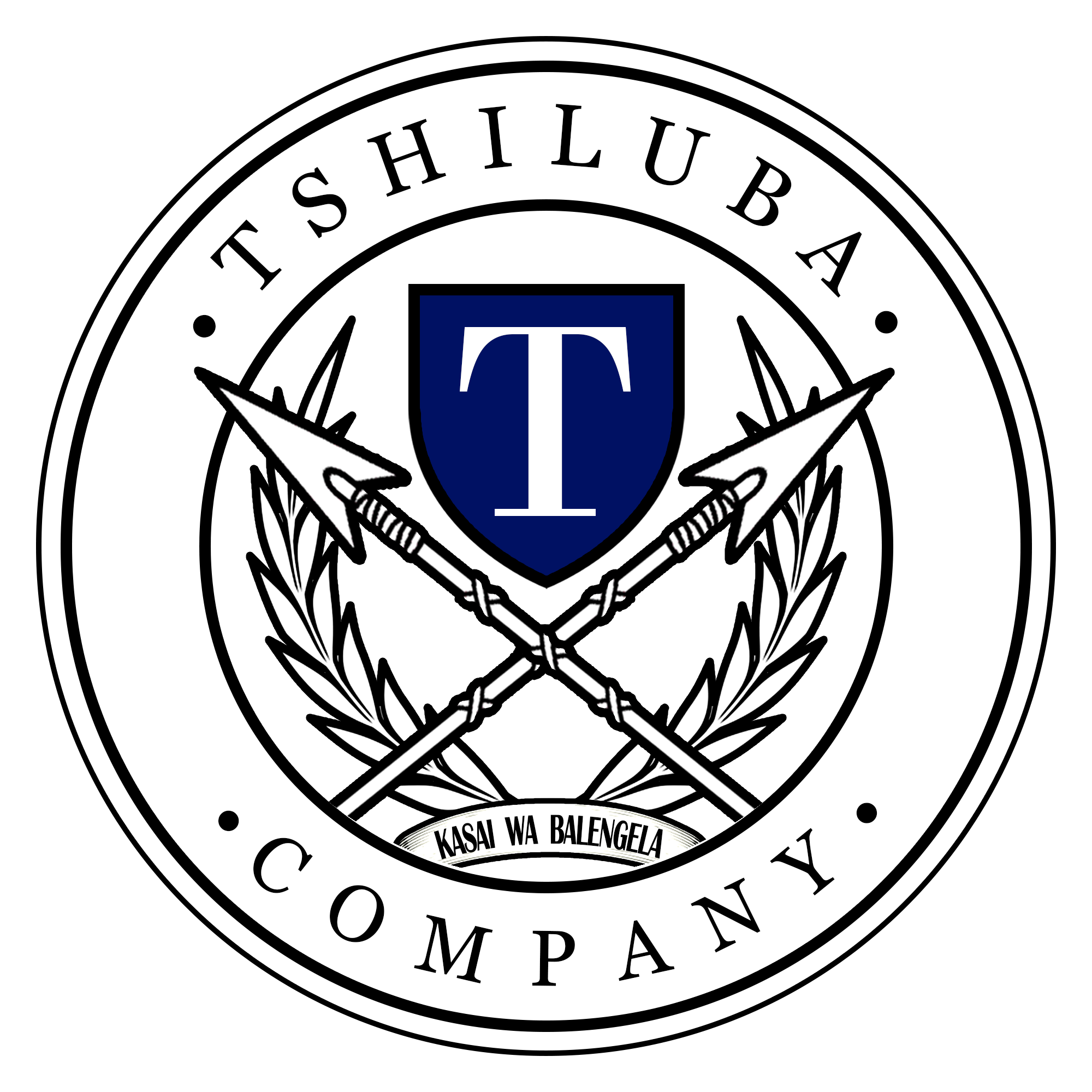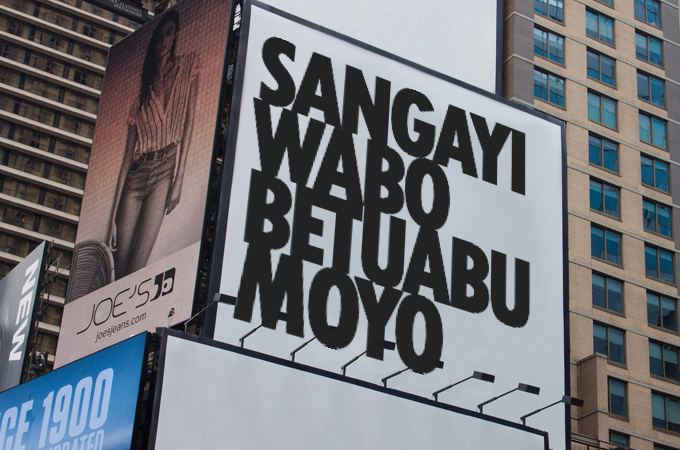Blog > Grammar > Greetings and Basic Introductions in Tshiluba

Sangayi Wabo! Betuabu! Greetings and Basic Introductions in Tshiluba
Moyo! Betuabu! Sangayi Wabo! Greetings and salutations are often the starting point to learning a language. In this article, we discuss the various greetings in Tshiluba and how they are used.
Lire En Français
 A street sign saying 'sangayi wabo', 'betuabu', and 'moyo'. Greetings in Tshiluba
A street sign saying 'sangayi wabo', 'betuabu', and 'moyo'. Greetings in Tshiluba
Introductions and greetings are often the first interactions between people. They help establish rapport and create a positive atmosphere, fostering a sense of connection and friendliness. Introductions and greetings vary across cultures and can reveal important cultural norms and values. Learning and using appropriate greetings in a language shows respect for cultural diversity and helps avoid misunderstandings or unintentional offenses.
At TSHILUBA.co, we aim to provide the best cultural, historical, and practical environment to discuss cultural norms and speech that requires contextual information to be shared. Here we will discuss how to utilize basic greetings and common phrases in Tshiluba while providing their cultural context, nature, and history.
What is "hello" in Tshiluba?
In to say "hello" in Tshiluba we say: muoyo or simply moyo; which means: life. It is the ordinary salutation which is used to say: good morning, good evening, good day, etcetera. In Tshiluba, there is no variation of salutations with respect to time of day as there is in many other languages.
The literal translation of "good day" or "good morning" in Tshiluba is dituku dilenga, but it is an appropriation of English. This article reserves the study of original Luba salutations and phrases only. Here are the various greetings in Tshiluba and their meanings
| Various Salutations | |
|---|---|
| Moyo | Hello |
| Moyo webe au | Hello to you |
| Moyo wenu au | Hello to you all |
| Wetuau! | Greetings! (to one person) Welcome! |
| Betuabu! | Greetings! (to more than one person) Welcome! |
| Betuabu bonsu bana betu | Greetings to you all our brothers & sisters |
| Sangayi Wabo! | Greetings! Welcome! |
| Anyishayi! | Greetings! |
The three most commonly used salutations are: MOYO WENU, BETUABU, and SANGAYI WABO. Tshiluba is spoken in the provinces of Kasai, Kasai-Central, Sankuru, Kasai-Oriental, and Lomami; for this reason, there exist regional variants of general salutation. Even amongst sub-tribes, there exist different historical salutations passed down from older generations.
When greeted with moyo wenu, one responds with "moyo." When greeted with betuabu or wetuau, one responds with "wetuau." When greeted with sangayi wabo, one responds with "wabo."
Basic Introductions
| Conversational Phrases | |
|---|---|
| Bishi wewe? | How are you? |
| Ndi bimpe, kadi wewe? | I'm good, and you? |
| Malu kayi? | How are things going? |
| Malu muimpe, kadi wewe? | Things are going well, and you? |
| Dina diebe nganyi? | What is your name? |
| Dina dianyi Fatshi Beton | My name is Fatshi Beton |
| Shala bimpe | Stay well! |
| Shala bilenga | Stay well! |
| Waya bimpe | Bon Voyage! |
| Waya bilenga | Farewell! |
| Lala bimpe | Goodnight! |
| Ulala bilenga | Goodnight! |
More Examples
Where are you from?
Kuenu penyi? or Udi ufuma kunyi?
I'm from Mwene-Ditu
Ndi mfuma ku Mwene-Ditu
Thank you
Tuasakidila
Thank you very much
Tuasakidila wa bungi
What are you doing?
Udi wenza tshinyi?
Who are you?
Udi nganyi?
What is this?
Etshi ntshinyi?
How old are you?
Udi ne mvula bungi munyi? (How many years do you have?)
I am thirty years old
Ndi ne mvula makumi asatu.
Where do you live?
Udi usomba henyi?
I live in Tshikapa
Ndi nsomba mu Tshikapa.
Where were you born?
Udi uledibua henyi?
Happy Birthday!
Diledibua Dimpe!
Congratulations!
Kalumbandi!
Oh my God!
Nzambi wanyi!
Do you have a job?
Udi ne mudimu anyi?



